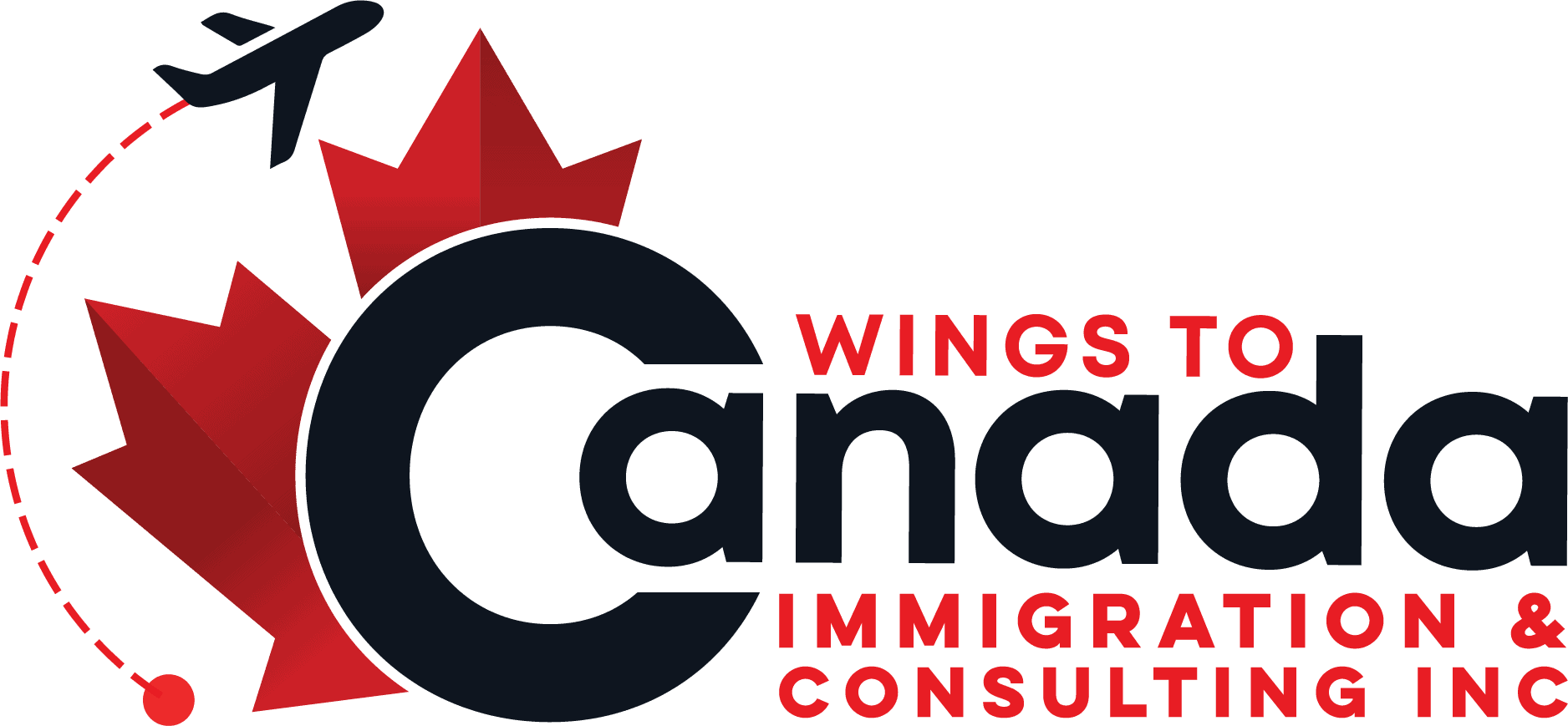FAQ
Wings to Canada > FAQ
You Asked Any Questions About Our Company
What do I need to work in Canada?
It depends on:
- The job you want to do.
- The program you want to apply for.
- Whether or not your job requires a Labour Market Impact Assessment (LMIA).
What is a Labour Market Impact Assessment?
A Labour Market Impact Assessment (LMIA) is a document that an employer in Canada may need to get before hiring a foreign worker. A positive LMIA will show that there is a need for a foreign worker to fill the job. It will also show that no Canadian worker or permanent resident is available to do the job. A positive LMIA is sometimes called a confirmation letter. Wings to Canada Immigration will work with qualified employers on the entire process.
How do I hire a temporary foreign worker?
Wings to Canada will assist with each step to have the foreign workers arrive and settle in Canada:
- Wings to Canada will complete the LMIA application or submit an offer of employment.
- Assist the worker to apply for a work permit.
- Tell the workers what to expect from their application.
- Have a settlement plan in place to help the workers once they arrive in Canada.
As a foreign worker, do I need an eTA or a visa to work in Canada?
Depending on your citizenship, you may need an eTA or a visitor visa, as well as a work permit. Your eTA or visa will be issued to you at the same time as your work permit. You do not need to apply separately or to pay an additional fee.
What is a complete application package?
Your application package is complete when you have:
Answered all of the questions on the application form, and submitted all the necessary documents along with your application. If you forget to send a document, your application may be returned to you, the processing of your application may be delayed, or your application may be refused. Working with Wings to Canada you will avoid your application being refused or delayed.
Can I have more than one express entry profile?
No. You may only have one profile at a time. This is set out in Canada’s immigration law.
Creating more than one profile will not give you a better chance at being invited or allow you to be invited under a different program.
After your consultation session with us, we will communicate what your estimated CRS score will be. We will also provide tips to increase your score once you are in the express entry pool.
I am a native English or French speaker. Why do I need to take a language test for Express Entry?
Canada assesses everyone using the same standards, no matter their language of origin, nationality, or ethnicity.
Every candidate must take a standard test by an objective third party. This is to make sure your language skills are assessed in a fair and unbiased way.
Even someone from an English-speaking country, who speaks English as a first language, needs to take a test. Likewise, someone from a French-speaking country, who speaks French as a first language, needs to take a test.
Wings to Canada will help you to find a language testing agency in your country of permanent residence.
Can I be eligible for more than one program under express entry?
Yes. Depending on the information in your profile, you may be eligible for more than one program through Express Entry.
How can I qualify for the start-up visa program?
To qualify for the Start-up Visa Program, you must meet all 4 eligibility requirements, as well as the admissibility requirements to enter Canada.
What it means to be inadmissible?
Some people aren’t allowed to come to Canada. They’re “inadmissible” under Canada’s Immigration law. You could be found inadmissible for a number of reasons, such as: security reasons, human or international rights violations, committing a crime, including driving while under the influence of drugs or alcohol, organized crime, including membership in an organization that takes part in organized criminal activity, people smuggling or money laundering, medical reasons , financial reasons , misrepresentation, failure to comply with any provision of Immigration and Refugee Protection Act (IRPA), having an inadmissible family member.

